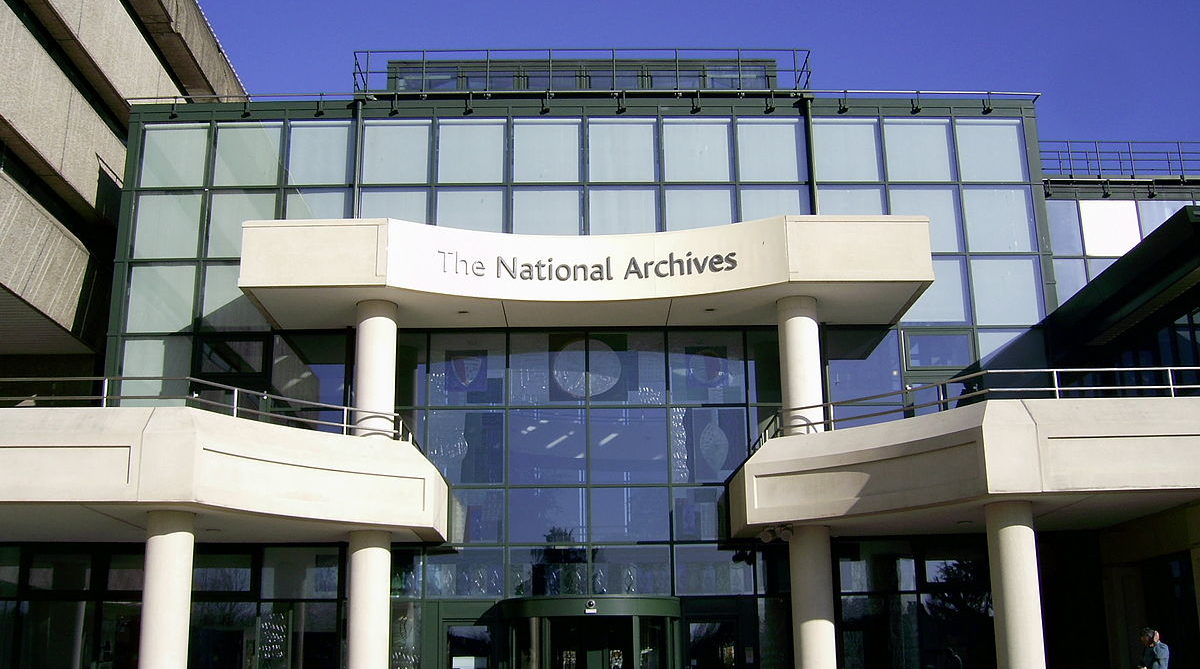
As announced in June 2021, from April 2022 significant court judgments past and present from the High Court, the Court of Appeal, the Crown Court, the House of Lords, the Supreme Court, the Privy Council, and other courts and tribunals, will be available as public records from The National Archives (TNA).
At present, there are multiple sources for court judgment publications and the long-term aim is for all of them to migrate to TNA which has an established track record hosting digital files safely and securely.
Following recommendations made by the Legal Education Foundation in its Digital Justice Report of October 2019, the Ministry of Justice committed to standardising its approach to the publication of judgments. As the first stage of this, the MoJ will end its arrangement with BAILII and commit to TNA whose role will be to preserve the judgments as public records, provide access to them, publish them and enable their re-use.
The move has already been welcomed by access to justice campaigners. Natalie Byrom, Director of Research at the Legal Education Foundation, has referred to it as “a critical step towards achieving a more transparent, open and equitable justice system, that supports access to justice and data-driven reform.”
John Sheridan, Digital Director at TNA, reports that TNA has already acquired from BAILII copies of close to 49,000 judgments that were published by BAILII under the existing MoJ contract. It is now seeking, via donation or purchase, to acquire copies of judgments from other publishers to build a more comprehensive collection. It is looking to acquire both historical and recent cases, from medieval times through to the present day.
TNA is seeking to acquire these as part of the public record of the courts, acting in relation to its powers under the Public Records Act 1958 and will archive the judgments received in the public interest.
TNA will convert the documents to the Legal Document Mark-up language (OASIS LegalDocumentML) for publication (where appropriate) and make the data available via an API (application programming interface), allowing third parties readily to reuse, republish and build on it.
Where appropriate, TNA will publish the judgments for access free of charge on its website with straightforward browse and search functionality. It does not intend to add value beyond encoding the document semantics; the interest is in judgments as public records (Lord Neuberger’s “judgment dissemination”), rather than the analysis contained in a Law Report (“judgment enhancement”). It will strictly adhere to any restriction or condition on publication imposed by the court and will, where third party publishers rights exist, manage access accordingly.
BAILII will continue to provide and develop its service which of course also covers other jurisdictions, including Scotland, Northern Ireland and the Commonwealth. Writing in the Law Society Gazette in May 2021, Michael Cross suggested the move to TNA would threaten the future of BAILII as a quarter of BAILII’s annual budget derives from the MoJ contract which is now ending.
Despite this, Jules Winterton, CEO of BAILII, writing in Counsel magazine on 25 October, welcomed the move (with some reservations), saying:
“The forthcoming creation of a government archive for data analysis and for future generations is a major step forward for England and Wales. It is one for which BAILII has long advocated and is actively supporting, while maintaining all of our own content and services.”
On the plus side, BAILII will be able to rely on TNA’s API and publish these judgments more efficiently!
The established law publishers will now be considering their positions, weighing the pros and cons of offering “their” versions of judgments to TNA which is not flush with cash but will offer a “reasonable return”.
Paul Magrath, Head of Product Development and Online Content at the ICLR, sees a win-win:
“As Lord Neuberger pointed out, there is a difference between judgment dissemination, which supports public legal education and open justice, and judgment enhancement, whereby publishers such as ICLR select and add value to the cases that matter. While maintaining this distinction, we welcome the establishment of a comprehensive and reliable pipeline of distribution, which can only enhance both processes.”
How much value is there in a bare judgment? Daniel Hoadley, formerly of the ICLR and now Head of Litigation Data at Mishcon de Reya, comments on this question on Twitter:
“I think the commercial publishers, including @TheICLR, should just collectively head to Kew and give TNA the judgments in XML sans the value-added/editorial material, like the headnote and catchwords.
“It’s 2021. There’s no longer much commercial advantage in clinging to raw content for dear life. The commercial publishers have countless ways to remain competitive and I very much doubt they’d end up cannibalising their subscription revenues.
“In return, I think the commercial publishers would be well within their rights to urge MOJ to address the ridiculous situation in which a panel of obscure transcription companies exert lots of control over the judgment pipeline for commercial gain.
“It’s often forgotten that the publishers have the judgments because they pay to obtain them in bulk from the transcribers. They arrive in all sorts of gnarly formats and additional investment is required to render them into a useful structure.”
It seems likely all publishers will respond positively, though perhaps cautiously at first. But with the wind in its sails, I’m sure TNA will deliver a fabulous service. Look what it did with the Legislation service, which as John Sheridan says was “on life support” in its former guise as the Statute Law Database.
Nick Holmes is Editor of the Newsletter.
Photo CC BY-SA 2.5 by Nick Cooper via Wikimedia.